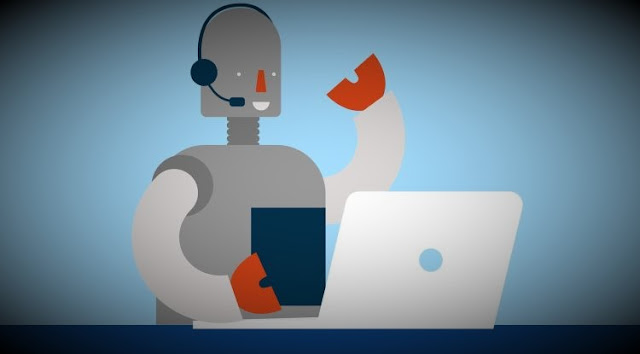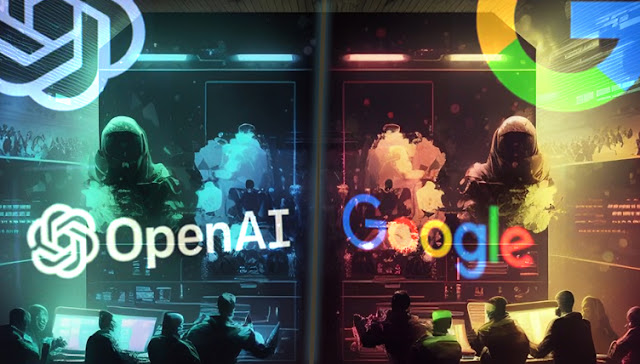Little do people know, ChatGPT has become a go-to tool for answering questions, writing content, and even brainstorming ideas. Anyhow, here are ten creative and unconventional uses of ChatGPT that you probably haven't seen yet.
1. Plan and Optimize Your Daily Routine
Ever feel like you simply can't fit it all in one day? Well, ChatGPT will help you organize your time by considering what needs to be done, what you need to prioritize first, and when to take breaks. You will get a personalized plan for increasing your productivity and even suggestions about scheduling, taking into consideration how you generally work and your level of energy.
Example: "Help me to make a daily routine for better productivity. I work 9 to 5 and have 3 hours for personal projects."
2. Create Individualized Workout Plans
Instead of hours and even days in search of workout routines, one may just reach out to ChatGPT for the design of a certain workout based on the goals set-provided by an individual, be it strength training, yoga, or weight loss, even. One could even change the workout to pertain to their equipment and time availability.
Example: "Create a 5-day strength training workout plan for me using only dumbbells."
3. Generate Unique Gift Ideas
Stuck on what to buy for someone who has everything? ChatGPT can help you with out-of-the-box gift ideas, carefully personalized and matched for any occasion, taking into consideration hobbies, interests, and even sentimental value.
Example: "What are some original gift ideas for those into photography and travel?"
4. Craft Compelling Speeches
Stumped about what to say for that speech or toast? Let ChatGPT help you draft speeches for a wedding, through to a birthday, all the way to even a presentation at work. The tone can be set to inspiring, humorous, or formal—whatever fits your needs.
Example: "Write funny and heartfelt wedding toast for my best friend."
5. Design and Plan Events
Whether it's organizing a party or a corporate event, the themes, activities, and timelines can all easily be outlined in ChatGPT. It could even suggest a menu or seating.
Example: "Help me plan a 90s-themed birthday party for up to 20 guests, including music, food, and activities."
6. Learn New Hobbies or Skills
Whether you want to learn a new language, start with woodworking, or do digital art, ChatGPT can break down complex hobbies and skills for you and get you started. It will provide you with resources, starting tips, and practice routines.
Example: "I want to learn digital painting. Kindly outline for me some basic tools I need, accompanied by some beginner exercises."
7. Create Meal Plans Based on Diet Preferences
Whether you are on a diet or just trying to eat healthier, ChatGPT can propose a personalized meal plan that will meet your nutrition goals. Be it vegan, keto, or balanced, it will offer creative ideas for breakfast, lunch, and dinner.
Example: "Create a 7-day vegan meal plan, with a focus on high-protein recipes."
8. Write Legal or Professional Letters
From writing a cover letter for a job application to drafting formal legal letters, ChatGPT can help you with professional writing tasks. It can offer a structure that fits your specific situation and make sure the tone and language are appropriate.
Example: "Write a letter demanding a refund for a product that did not meet expectations."
9. Simulate Interviews for Job Preparation
If you're preparing for a job interview, ChatGPT can engage you in some mock interviewing based on your desired job. You can even ask it for advice on how to best improve your responses or how to answer trick questions.
Example: "You're a marketing position hiring manager. Ask me questions in an interview."
10. Develop Fictional Characters and Plot Ideas
Whether you're a writer, ChatGPT is a great companion to help you with your brainstorming, showing how it could be used in eliciting character outlines and plot twists or even dialogue. This is excellent for beating writer's block or opening up new ideas completely.
Example: “Help me create a backstory for a rebellious character in a sci-fi novel.”
These are just some of the many ways, often unexpected, you might leverage ChatGPT to make your life a little easier, more productive, or even a bit more creative. Be it event planning, upgrading a routine, or trying out any new hobby, this AI tool is full of infinite possibilities. Don't be afraid to try things out—you may find a new method to level up your daily tasks in ways you never thought possible!
------
Author: Bradly Hennan
Miami Newsroom






